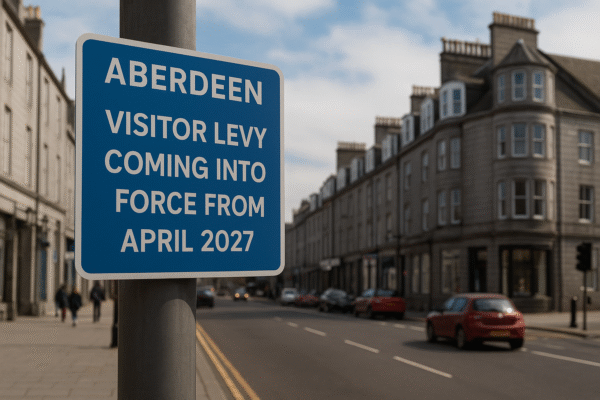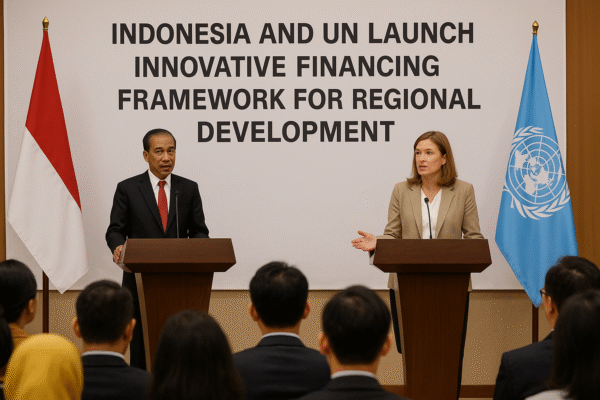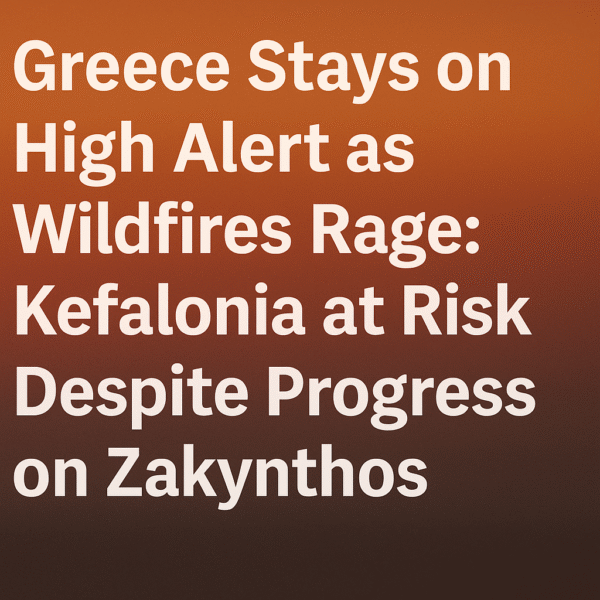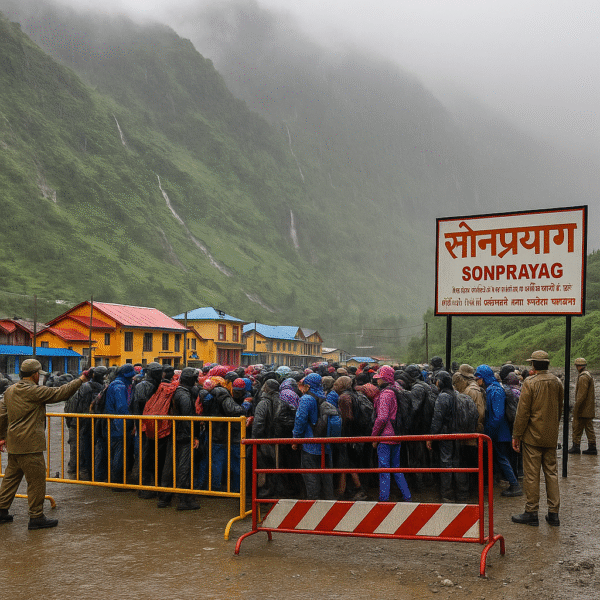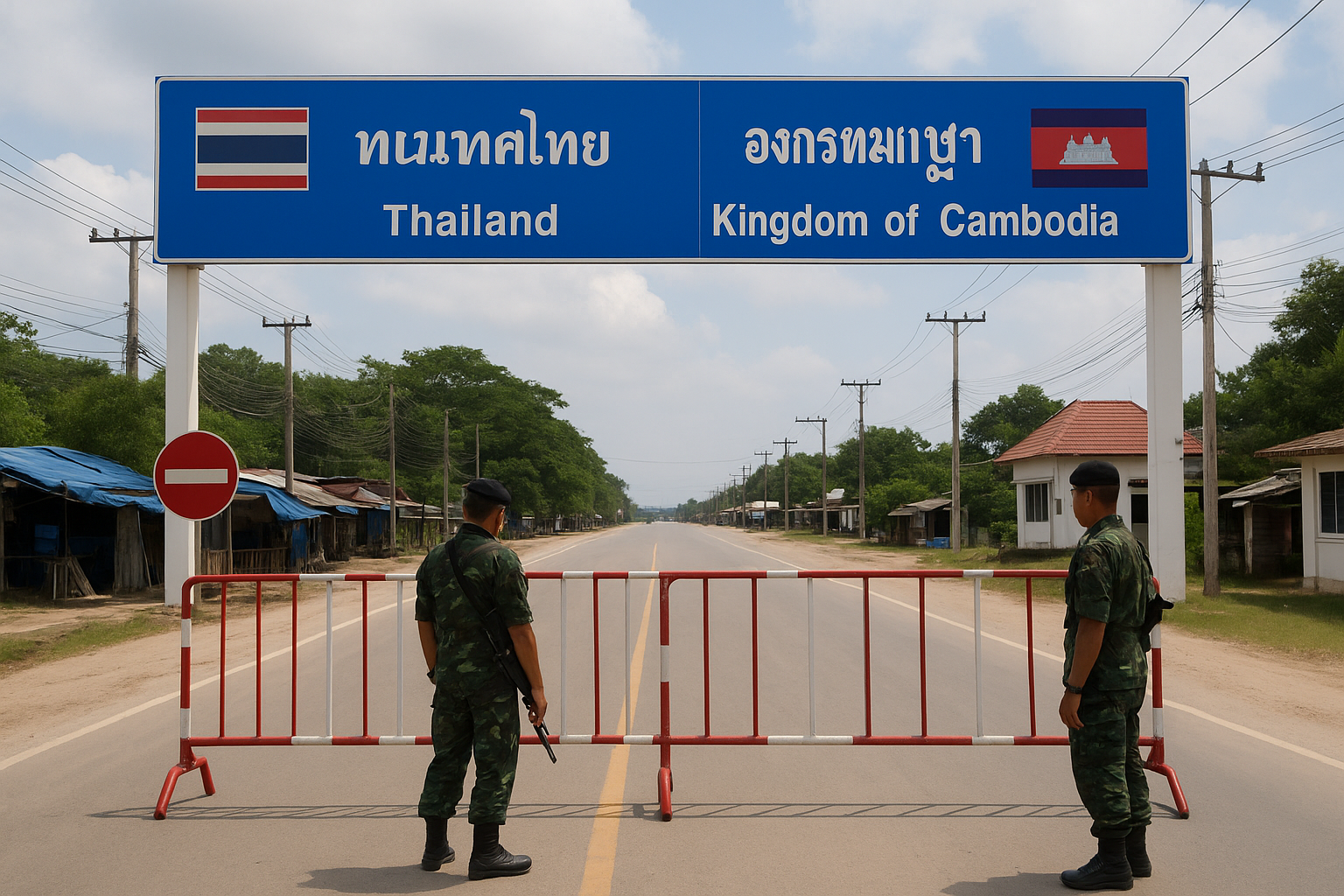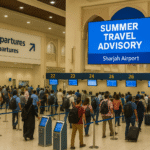Thailand-Cambodia Border Crisis Derails Land Travel to Angkor Wat, Triggers Widespread Tourism Disruption
June 30, 2025 | Southeast Asia
A fresh wave of political and military tensions between Thailand and Cambodia has triggered a sudden closure of key border checkpoints, including the heavily trafficked Aranyaprathet-Poipet crossing. This unexpected move, announced as part of a national travel advisory, has severely disrupted overland travel to Cambodia—particularly to the world-renowned Angkor Wat temple complex. The abrupt shutdown has forced tourists to cancel plans, seek costly alternatives, and contend with mounting uncertainty across Southeast Asia’s once-seamless tourism corridor.
Aranyaprathet-Poipet: A Strategic Gateway Now Sealed
The Aranyaprathet-Poipet checkpoint, located in Thailand’s Sa Kaeo province, had long served as the most popular and affordable overland route for travelers heading from Bangkok to Siem Reap, home to Angkor Wat. With its closure, Thailand has effectively halted travel through six provincial borders, significantly impacting thousands of travelers and tour operators alike.
The shutdown stems from a flare-up in longstanding territorial disputes. A recent border clash between military forces resulted in the death of a Cambodian soldier, triggering retaliatory measures from Cambodia, including a ban on Thai imports like fuel and food staples.
Political Fallout Sparks Thai Government Crisis
What began as a localized skirmish has snowballed into a political crisis in Bangkok. A leaked audio recording between Thai Prime Minister Paetongtarn Shinawatra and Cambodian Senate President Hun Sen has fueled domestic outrage. The PM’s characterization of a Thai military officer as an “enemy,” and her seemingly deferential remarks toward Hun Sen, provoked accusations of disloyalty.
In response, the Bhumjaithai Party withdrew its support from the coalition government, triggering widespread protests and demands for new elections. With the Thai political establishment in disarray and the military closely observing developments, fears of another coup—similar to the 2014 intervention—are mounting.
Tourism Sector Caught in the Crossfire
The timing of this disruption could not be worse for Thailand’s and Cambodia’s tourism industries. The overland route from Bangkok to Siem Reap has long been a lifeline for budget travelers, backpackers, and regional tour operators. Many international visitors plan dual-country itineraries, and the closure has thrown their travel plans into chaos.
Travelers are now forced to rebook through air routes, particularly via Phnom Penh or direct international flights from Bangkok to Siem Reap. These alternatives, however, are significantly more expensive and less accessible for budget-conscious tourists. Reports have surfaced of stranded travelers at the border, confused over shifting regulations and struggling to find accommodations or transportation.
Tour companies in Thailand’s eastern provinces and Cambodia’s Siem Reap region are already reporting a surge in cancellations and no-shows. Many fear that the economic ripple effect could damage local economies that rely on steady cross-border tourism.
Economic and Strategic Impact on Both Nations
Beyond tourism, the crisis threatens crucial economic relationships between Thailand and Cambodia. The cross-border flow of goods—particularly agricultural products, fuel, and essential supplies—has come to a standstill. Cambodian import bans further amplify pressure on Thai exporters, while domestic shortages loom on both sides of the border.
According to regional trade analysts, a prolonged stalemate could lead to sharp declines in bilateral trade, while border communities reliant on commerce face mounting economic instability. Local chambers of commerce in Sa Kaeo and Banteay Meanchey provinces have urged both governments to resume talks immediately.
Humanitarian and Security Concerns Intensify
In an attempt to maintain essential services, Thai authorities have announced that students and medical patients will be allowed to cross the border under controlled circumstances. Still, the humanitarian corridor remains limited, and NGOs are warning of further strain if tensions escalate.
Meanwhile, Thailand’s military has yet to publicly comment on the situation, fueling speculation of possible intervention. With anti-government protests growing and political support for the Prime Minister crumbling, observers warn of a heightened risk of national instability.
Cambodia has responded by strengthening border patrols and issuing its own travel guidance for citizens, discouraging visits to Thailand until further notice.
International Travelers Rethink Southeast Asia Itineraries
The crisis has also sent shockwaves through international tourism operators. Travelers from Europe, Australia, India, and Japan—many of whom combine trips to Thailand and Cambodia—are now adjusting or cancelling bookings. The Bangkok-Siem Reap land route, once celebrated for its affordability and cultural value, has become a logistical headache.
Travel advisories issued by several embassies, including the U.K. Foreign Office and Australia’s DFAT, now urge travelers to monitor the situation closely and avoid non-essential travel to border areas. Insurance providers have also updated policies, flagging cross-border disruptions as exclusionary clauses in travel coverage.
What Lies Ahead: Urgency for Diplomacy
The unfolding crisis has highlighted the fragile interdependence between politics, security, and tourism in Southeast Asia. What started as a regional dispute is now affecting global travelers, threatening economic cooperation, and undermining the region’s reputation for stability and connectivity.
Tourism stakeholders across the region are calling for urgent diplomatic engagement. Several ASEAN members, including Vietnam and Malaysia, have expressed concern over the developments and have offered to mediate peace talks.
For the sake of travelers, businesses, and regional harmony, Thailand and Cambodia must prioritize open dialogue, de-escalation, and transparent policymaking. Until then, the dream of seamless Southeast Asia exploration—symbolized by the overland journey to Angkor Wat—remains on pause.
For more travel news like this, keep reading Global Travel Wire




